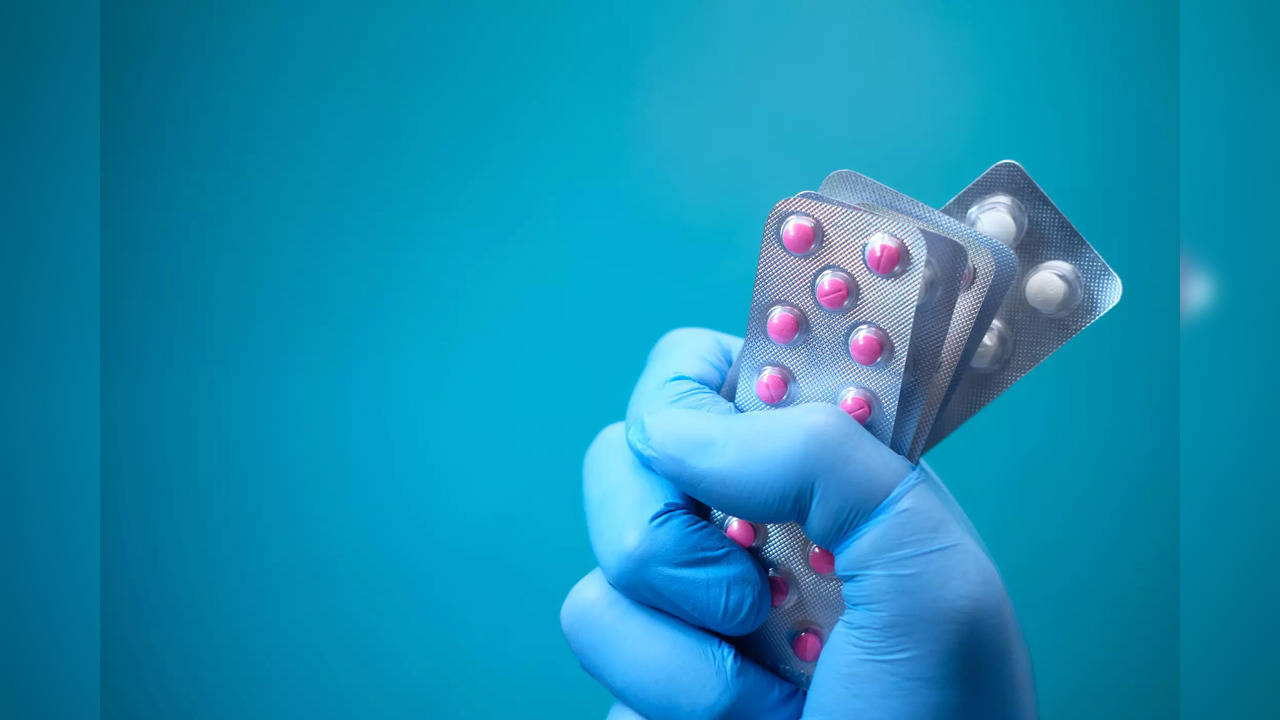Coming soon: QR codes to ascertain whether medicines are genuine or not
As per the World Health Organisation (WHO), approximately 10 per cent medical products in low and middle-income countries are either substandard or falsified – yet, such cases are reported globally. To combat this, the government is expected to soon launch a ‘track and trace’ mechanism for drug makers to prevent the use of counterfeit and substandard products.

A Times Of India report suggests that over 300 drugmakers will be affixing barcodes or QR codes on the packaging panels – this is likely to include antibiotics sold at over Rs 100 per strip.
Photo : iStock
New Delhi: Talk of healthcare and the one thing that one simply cannot go wrong with is medicines. The repercussions of taking a wrong dose could range from serious side effects to aggravated symptoms and whatnot. As per the World Health Organisation (WHO), approximately 10 per cent medical products in low and middle-income countries are either substandard or falsified – yet, such cases are reported globally. However, in a recent endeavour to put an end to the dissemination of fake medicines, the government will soon launch a ‘track and trace’ mechanism for drug makers to prevent the use of counterfeit and substandard products.
A Times Of India report suggests that over 300 drugmakers will be affixing barcodes or QR codes on the packaging panels – this is likely to include antibiotics sold at over Rs 100 per strip.
Key points of ‘track and trace’ mechanism
- The new mechanism will allow buyers to scan the
QR code which will lead them to the government website - Consumers can feed a t unique ID code on the government portal and track it through their phone
- Although there are weeks to go for the big launch, the system is likely to result in a marginal rise in price, by 3-4 per cent
- In the first phase, 300 top selling medicines will carry barcodes on their primary package
The QR codes will authenticate information about the drug, its identification code, generic and proper name, name and address of the manufacturer, brand name, date of manufacturing and expiry, manufacturing license number and batch number.
The Centre is reportedly working on setting up a central database agency where consumers can have access to information through a single barcode provider for the whole industry.
Trending:
End of Article
Subscribe to our daily Lifestyle Newsletter!
Related News





WHO Says COVID-19 Worsened The ‘Silent’ Spread Of Antimicrobial Resistance

Does Walking After Meals Benefit Your Health?

Why Do People Faint In Extreme Temperatures? Know Ways To Protect Yourself

Leukaemia In Children: Early Signs Of The Disease That You Should Know

Burning Sensation In Chest: Is It Indigestion Or A Heart Attack?








